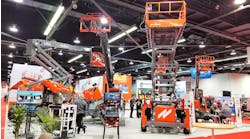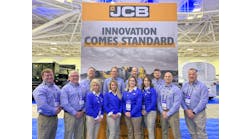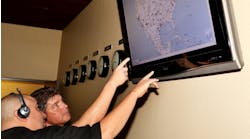A federal appeals court last week overturned a lower court’s summary judgment in favor of Skyjack Inc. in a product liability lawsuit, ruling that the trial court misinterpreted Missouri law and the United States Supreme Court’s guidance on expert witnesses, according to a report in businessinsurance.com.
The unanimous decision Friday by a three-judge panel of the 8th U.S. Circuit Court of Appeals in St. Louis reinstated the lawsuit against Skyjack as well as Scottsdale, Ariz.-based Rental Services Corp., the report said. The lawsuit was filed by the family of a man killed in October 2001 while operating a Skyjack scissorlift at a construction site in Kansas City, Mo. The suit claims that the lift, which was extended to nearly its maximum height of 26 feet, destabilized and toppled over after its back wheels hit a depression in the ground. RSC had rented the lift to a subcontractor for the project.
The plaintiffs charged that Skyjack and RSC were liable for the death of Doyle Sappington because lift-stabilizing technology was available eight years before the lift was manufactured in 1995, and that the technology was incorporated into another manufacturer’s equipment. Such technology, the suit alleges, which Skyjack incorporated into lifts it produced beginning in 1997, would have prevented the older lift from toppling. An expert testifying for the plaintiffs conducted tests demonstrating how a 1997 model Skyjack lift with such stabilizing technology would not have toppled under the conditions that killed Sappington.
The lower court ruled that under expert witness testimony guidance that the Supreme Court provided in 1993, the expert testimony was not relevant nor reliable. In overturning that ruling, the federal appeals court said the lower court did not follow Missouri’s case law on strict product liability and ruled as relevant the expert’s testimony.




